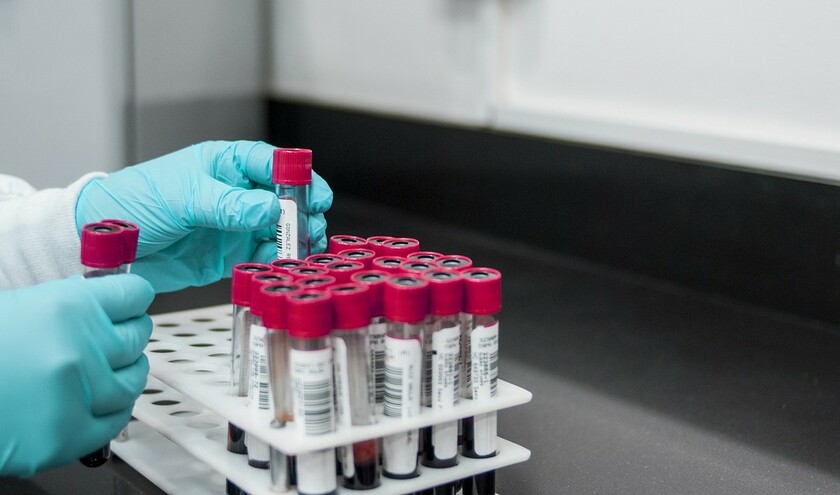The test is part of national genetic testing available on the NHS and will help identify if potential donors carry genes that mean they have a high risk of kidney disease after donation.
The NHS plans to carry out around 160 tests a year to identify people with ‘high-risk' variants of a gene known as ‘APOL1', common in people of Black African and Black Caribbean, and the test will help clinicians assess donor suitability and future risk of kidney failure.
Those shown to be at high risk of developing kidney failure later in life, and who are under 60 years old, will be advised against kidney donation and will able to receive regular monitoring and kidney check-ups, as well as given advice around lifestyle and diet changes.
Each year around 1,000 people choose to donate one of their kidneys to someone with kidney failure.
People with two parents of Black African and Black Caribbean heritage are more likely to have kidney failure and to need a transplant than people of White heritage.
Research shows around three in five people with two high-risk genes develop kidney disease after donating a kidney.
The genetic test will look for the genes in all people of Black African and Black Caribbean heritage who are considering donating a kidney to help assess whether potential donors are at a higher risk of developing kidney failure in later life, providing more information about their suitability for donation – around 500 tests are expected to be undertaken over the next three years.
The test has been made available nationally after a request was made by members of Bristol Health Partners' Kidney Disease Health Integration Team working at the University of Bristol and North Bristol NHS Trust.
Testing is now available across the country with samples being sent to the South West and South East Genomic Laboratory Hubs for analysis.
The initiative is part of wider work to embed genomics in the NHS, including how genomic medicine can best serve diverse communities and reduce health disparities.
Amanda Pritchard, Chief Executive of NHS England, said: 'This is just the latest example of how the NHS is harnessing the full force of genomic medicine to prevent future ill health, improve the lives of patients and, at the same time, to address healthcare inequalities to improve the lives of all NHS patients.'
Professor Bola Owolabi, director of the National Healthcare Inequalities Improvement Programme, NHS England, added: 'This is a great step forward in narrowing the gap in kidney health and tackling healthcare inequalities faced by Black African and Black Caribbean donors.
'This new genetic test will help make kidney donation safer for those who are generously willing to help others, while also enabling the NHS to help donors live longer and healthier lives.'



